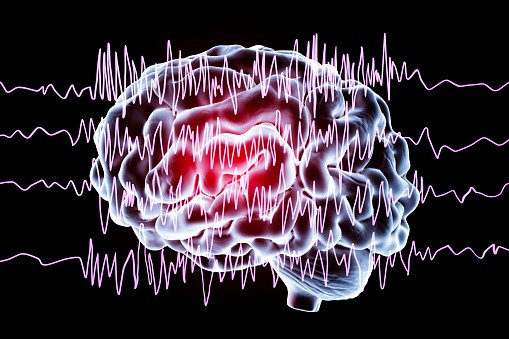Epilepsy treatments have manifested in many ways, from specially formulated AEDs to long-term therapies that help patients improve their overall well-being. But perhaps this recent discovery may help push forward current research into developing an actual cure.

According to a recent report by Newsweek, a certain fruit from West Africa may hold the key to developing effective epilepsy treatments in the future. The tree, which is known by its scientific name Tetrapleura tetraptera or its common name the Aidan tree, is endemic to rainforests in West Africa.
The tree grows to around 80 feet tall on average and produces a fruit that's often used as a spice in West African and sometimes Nigerian dishes. It also produces a strong odor and is a member of the pea family.
But as recent research suggests, the fruit is possessing certain medicinal properties that are anti-diabetic and anti-inflammatory. Sold in local markets for alleged medicinal qualities, the Aidan tree fruit has been used to treat things like simple wounds, and sometimes even cancer--breast cancer, to be exact.
A study published in the journal of the Neuroscience Society of Nigeria has concluded that the Aidan tree fruit's extract can reduce seizure risks. They even claimed that its effectiveness rivals sodium valproate, a widely popular drug used to manage convulsions.
Epilepsy is among the most common neural disorders in the world. Affecting some 50 million people globally, this illness has proven to be tough to treat because of how hard it is to find drugs that could handle the onset of seizures well enough. But maybe the Aidan tree fruit might have something that could finally push epileptic treatment research forward to the future.
In Nigeria, where epilepsy cases and Aidan trees are common, this discovery could be a breakthrough. Roughly 8 out of 1000 people in the country suffer from the condition, with adults older than 55 at a much higher risk of developing it, reports The Conversation.
Epilepsy Treatment from Aidan Fruit: How Did the Scientists Find Out?
To come up with their findings, the researchers had to deliberately induce sustained seizures in 35 Wistar rats, splitting them into five treatment groups. As they observed the rats, they noticed that those treated using the Aidan fruit extract and sodium valproate had sufficient protection from the seizures.
Aside from that, the researchers also discovered that the Aidan fruit extract protected the rats' brains from cell degeneration. The effects were also more potent compared to what the sodium valproate was able to provide.
Of course, none of the rats had epilepsy, hence the sustained seizures. In fact, scientists are still trying to figure out what causes the condition. However, they all agree that changes in the temporal cortex, cerebellum, and hippocampus predispose the development of the illness.
What they found out about the Aidan fruit extract, they say, could be studied further for the potential development of new epilepsy treatment options. Maybe it might see the light of day at the same time as cannabis-based drugs, but only time will tell.
This article is owned by Tech Times
Written by RJ Pierce




